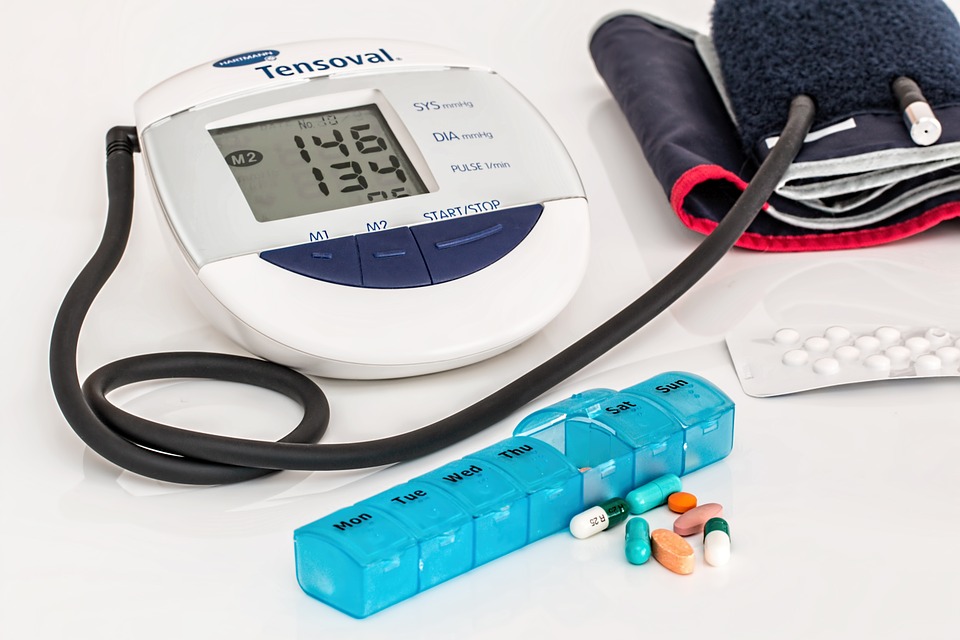Aromatherapy is growing in popularity as more Americans look for effective ways to boost their moods and improve the ambiance of their homes naturally. Most people prefer to use natural aromatherapy oils like essential oils and aroma oils assuming that “natural” is synonymous with “safe,” but is that really the case? It’s complicated. Read on to find out what newcomers to aromatherapy need to know to maintain their health and safety while using essential oils.
Table of Contents
Aromatherapy and Pregnancy
Mothers-to-be have a lot of stress on their plates, so it should come as no surprise that they often turn to aromatherapy. Future moms will be happy to know that practicing aromatherapy during pregnancy is generally considered safe. That said, there are a few scents women should avoid if they plan to diffuse essential oils or use them topically during their pregnancies.
Nutmeg
Nutmeg essential oils can cause problems during labor, so moms who are planning home births should avoid it towards the end of their pregnancies. It can interfere with pain-relieving drugs and produce mild hallucinogenic effects that can be more significant in pregnant women.
Rosemary and Jasmine
Both rosemary and jasmine oils can increase blood pressure. That’s a poor fit for women who are expecting to go into labor, as it can complicate contractions. Avoid using rosemary and jasmine oils in the third trimester.
Juniper Berry
Juniper berry oil can irritate the kidneys. Healthy adults shouldn’t experience any adverse effects, but unborn babies don’t have fully formed organs and they may be more likely to experience harm to their kidneys as a result of exposure.
Aromatherapy and Underlying Health Conditions
Patients with underlying physical or mental health conditions may want to consult with their doctors before using aromatherapy oils topically or internally. Little research has been performed regarding how these oils’ complex chemical compositions interact with medications, but there’s already some indication that certain oils can disrupt the effectiveness of pharmaceutical drugs.
Anise
Ingesting concentrated anise can interfere with the effectiveness of central nervous system drugs and certain antidepressants. Avoid using cooking extracts that contain oil of anise when taking these drugs.
Peppermint
Peppermint can exacerbate symptoms of heartburn when taken internally. It may also interfere with the absorption of certain anti-cancer drugs when applied topically.
Eucalyptus
Eucalyptus oil should never be taken internally, as it can cause seizures. Some people also need to avoid using it topically. Like peppermint, it can interfere with 5-fluorouracil.
Fir
Fir oils may inhibit metabolic pathways in the liver. Patients who are taking diabetes medications should avoid them, as this metabolic action can limit their medications’ effectiveness.
Essential Oils and Allergies
People who are prone to allergies need to be careful about what essential oils they use in any application. Typical symptoms of allergic reactions to inhaled essential oils include a runny nose or congestion, sneezing, and itchy or watery eyes. Allergic reactions to topical applications include itching, redness, hives, and swelling.
Allergic reactions to oils used topically or diffused into the air are rarely severe. When a reaction occurs, allergy patients should stop using the essential oil and schedule an appointment with an allergy specialist. The best treatment for essential oil allergies is avoidance.
Essential Oils and Pets
Not all essential oils are safe for pets. Cats are more sensitiveto essential oils than dogs, but safety varies from oil to oil and animal to animal. Cat owners may want to consider excluding their pets from rooms where essential oils are being diffused.
Dogs aren’t as sensitive to essential oils as their feline counterparts. However, many essential oils can cause skin irritation when applied topically or gastrointestinal upset when ingested. Dogs also have very sensitive noses, so they may feel overwhelmed by scents that their owners perceive as subtle.
Not All Essential Oils Are Safe for Ingestion or Topical Application
When it comes to aromatherapy, oils can be used in two ways. They can be diffused into the air or used topically, often during massages. People who plan to incorporate topical oils into their wellness routines should know that some essential oils cause skin irritation and other potentially serious problems, especially in those with sensitive skin. It’s best to avoid:
- Cinnamon
- Clove
- Lemongrass
- Bergamot
- Tea tree
- Peppermint
- Lemon verbena
People who want to get into aromatherapy should err on the side of caution when using topical oils. Make sure to follow instructions regarding dilution rates, and always perform a skin patch test. Diffusing essential oils doesn’t come with the same problems. Most people can safely use aromatherapy oils in their homes without worrying about adverse effects as long as they follow the manufacturer’s instructions.
Quality Is Key
Not all essential and aroma oils are created equal. Avoid aromatherapy products that have been altered using synthetic chemicals or additives. Check the product packaging to make sure the manufacturer uses natural, non-GMO ingredients, and look for warnings about dilution rates and potential side effects. It’s also important to use essential oils only as directed by the product’s manufacturer. Never use aromatherapy oils intended for inhalation or topical applications internally.
High-Quality Essential Oils Are Safe When Used Properly
Don’t be put off by the information above. Aromatherapy is safe for almost everyone as long as home practitioners buy high-quality products and use them as intended. Pregnant women, allergy sufferers, and patients with underlying physical or mental health conditions will need to be especially careful. As a general rule, it’s best to stick with diffusing essential oils instead of applying them topically, and no essential oil should be ingested unless it is intended for internal use.
The Bottom Line
There’s plenty of research to back up aromatherapy proponents’ claims of efficacy. For the vast majority of people, the benefits of aromatherapy outweigh the risks. Buy a high-quality diffuser and contaminant-free oils and remember to dilute them to recommended concentrations. Pay attention to all residents’ reactions, including those of children and pets. Reactions to essential oils are very rare, but they should be addressed as soon as possible.




